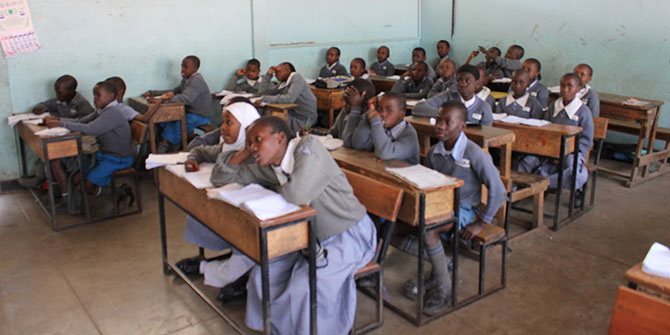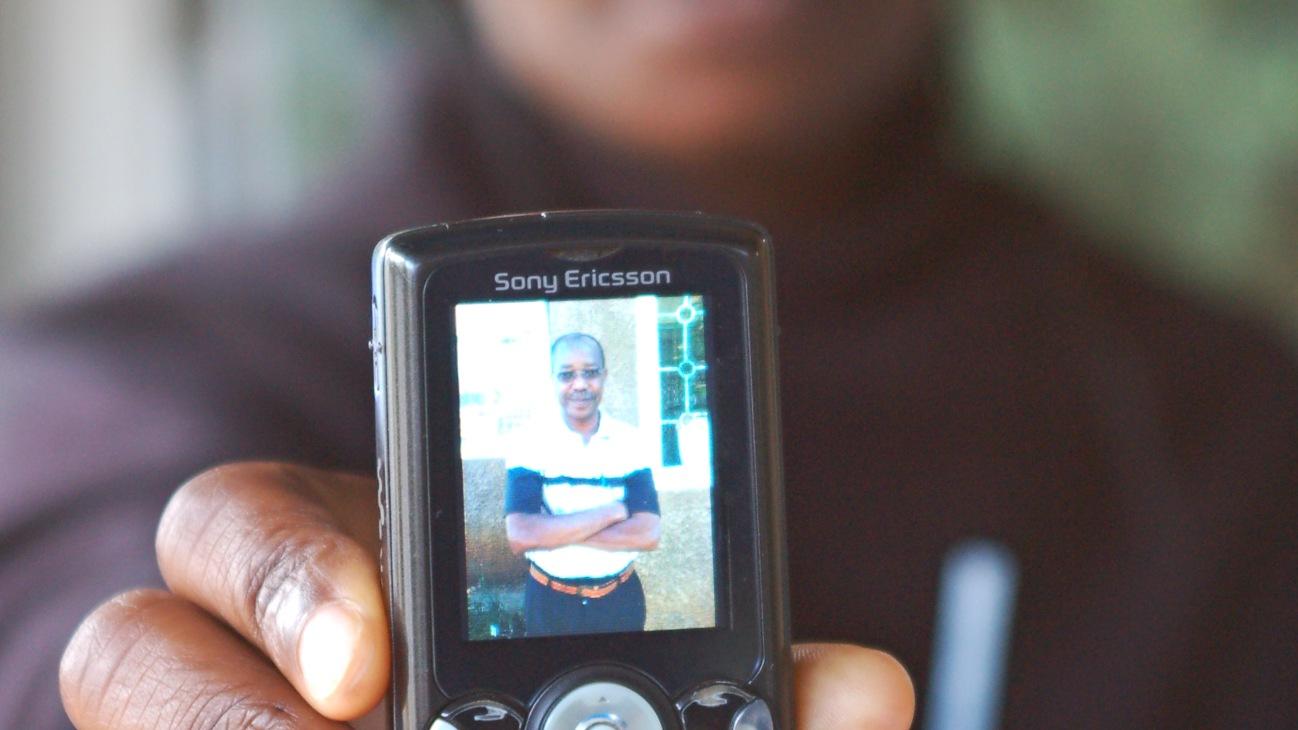Despite often being regarded as incompatible, African scientists maintain strong religious beliefs. This has not, however, held back the development of science on the continent, or elsewhere, writes Bankole Falade.
Should scientists believe in a supreme being? Their role has been described as ‘deciphering the mysteries of the natural order without recourse to supernatural aid or guidance’. The sociologist, Emile Durkheim, argued that religion should fade as science becomes more adept at completing this task.
Surveys of scientists suggest that is not happening and religion is not fading. In 1969, a survey of 60,000 professors in the United States showed that over 50 per cent regarded themselves as religious. In 2009, a PEW survey of members of the American Association for the Advancement of Science showed that 51 per cent believed in some form of deity or higher power and a 2018 survey showed that nine-in-ten Americans (down from 95 per cent in 2006) believe in a higher power.
Do African scientists also believe in a supreme being? Given they are part of a population in which a larger majority, 80 to 90 per cent self-report faith in God, this should be the rule. A survey of 5,644 doctorates at four South African universities found that 39 per cent of the young scientists acknowledge the influence of God in their academic pursuit with the figure as high as 51 per cent in one of the universities and the lowest at 31 per cent.
The study examined the dedication and acknowledgements of PhD theses submitted by the young scientists. The data was also separated into faculties and references to God ranged from 20 per cent in the humanities in one university to 56 per cent in law, economics, and commerce in another. Across universities, faculty of science ranged between 27 and 36 per cent, agriculture, and engineering between 35 and 49 per cent and law economics and commerce between 43 and 56 per cent. These findings show African scientists are also keeping faith with religion, as are their counterparts in the United States, with similar percentages of believers among scientists compared with the public.
The acknowledgement of God among African doctorates included references to the Abrahamic religions and other beliefs on the continent. The words and phrases used served two broad functions: the ‘who’, which identifies a supreme being as contributing to the successful completion of the thesis, and the ‘how’, which also specifies the role played.
The ‘who’ phrases used included God, Allah, Heavenly Father, Almighty God, and Jesus Christ. The ‘how’ words included strength, wisdom, health, perseverance, and faith. One of the doctoral candidates started the acknowledgement section by thanking God: ‘Firstly, I want to thank the Creator of the Universe —Allah for granting me the necessary qualities and mental strength to complete this study.’ Another waited until the end of the acknowledgement section: ‘Finally, but most importantly, I give glory to the almighty God, for thus far he has taken me.’ For both doctoral candidates, God was acknowledged as the most important influence on the research process. For others in the hierarchical approach, the whole process would have been impossible without the grace of God. For example, a candidate wrote: ‘With great humility and respect, I would like to thank the almighty God for granting me the energy, motivation, patience … Without His grace, mercies, protection and guidance, all this would not have been possible.’
Such attributions were notably in the works of prominent scientists of old such as Michael Faraday, Charles Darwin and Isaac Newton in the early stages of their careers. Newton, in the second edition of his Principia, in which he laid out his theories of motion and gravity, wrote ‘this most beautiful system of the sun, the planets, and comets could only proceed from the counsel and dominion of an intelligent and powerful being’. Faraday alluded to the powers that the creator has gifted to matter, one of which is gravitational attraction. Darwin, in his writings in Sketch and Essay, implied that the law he had found exalts the notion of an omniscient creator.
While more work is needed to compare the population of believers among the African public and scientists on the three-layer pyramid, the question for the future is if the proportion of believers among African scientists will remain comparable over the years, keeping the faith like their counterparts in the US.
This blog is based on the article ‘Science, beliefs, sociocultural and economic influences on doctorates in South African universities’ published in Cultures of Science, 4(4), 237-251.
Photo credit: John and Melanie (Illingworth) Kotsopoulos used with permission CC BY-NC-ND 2.0





